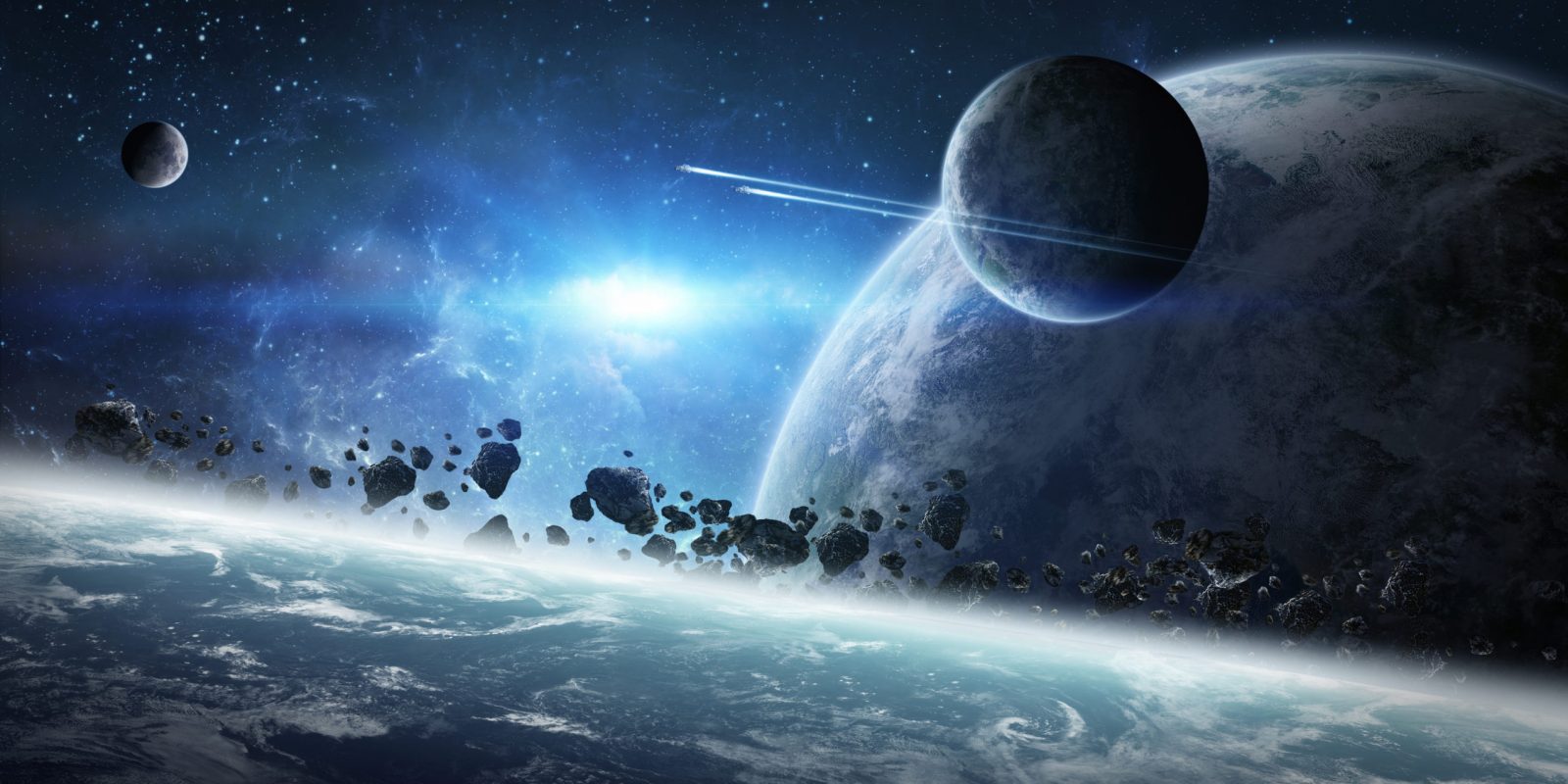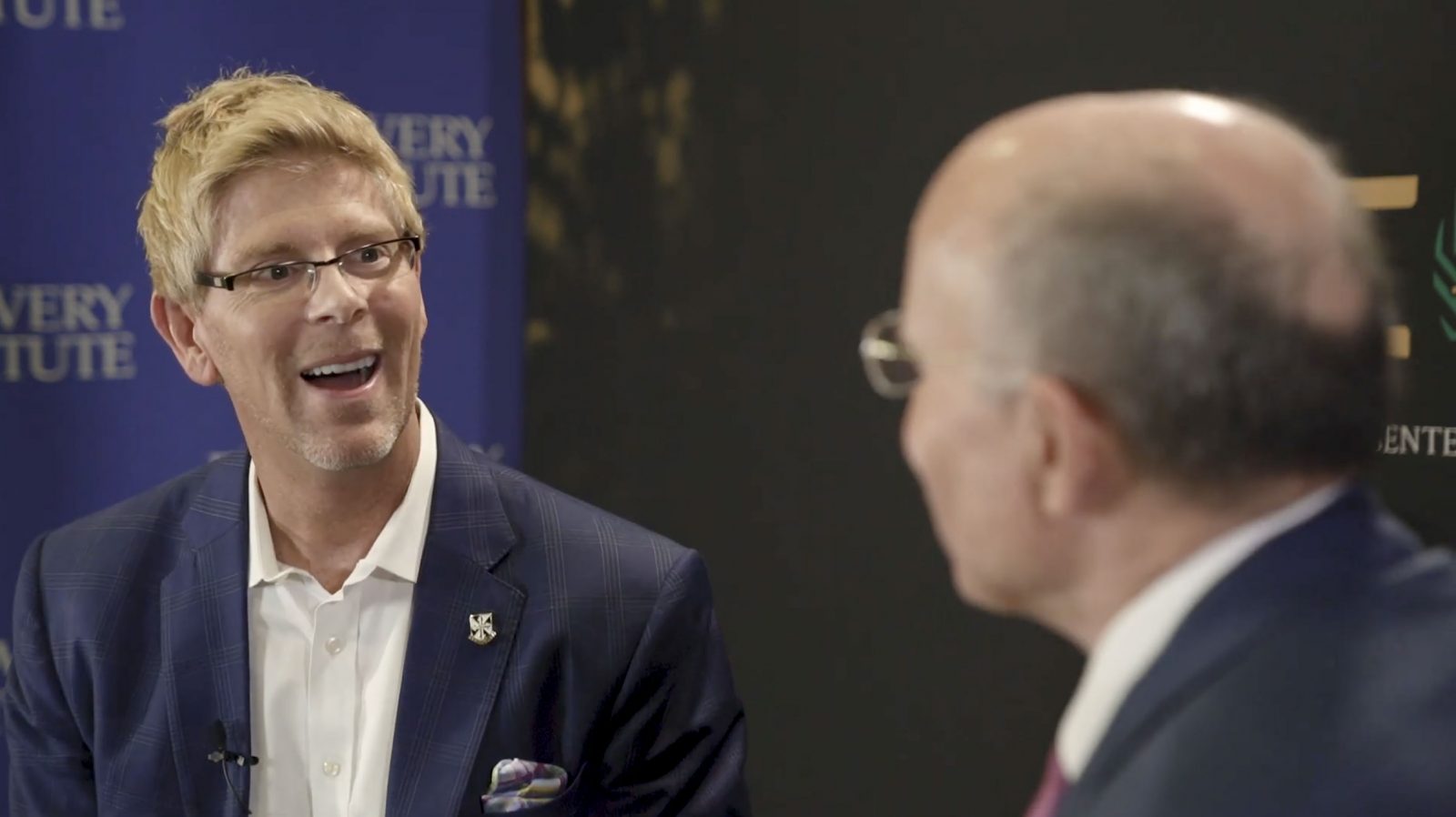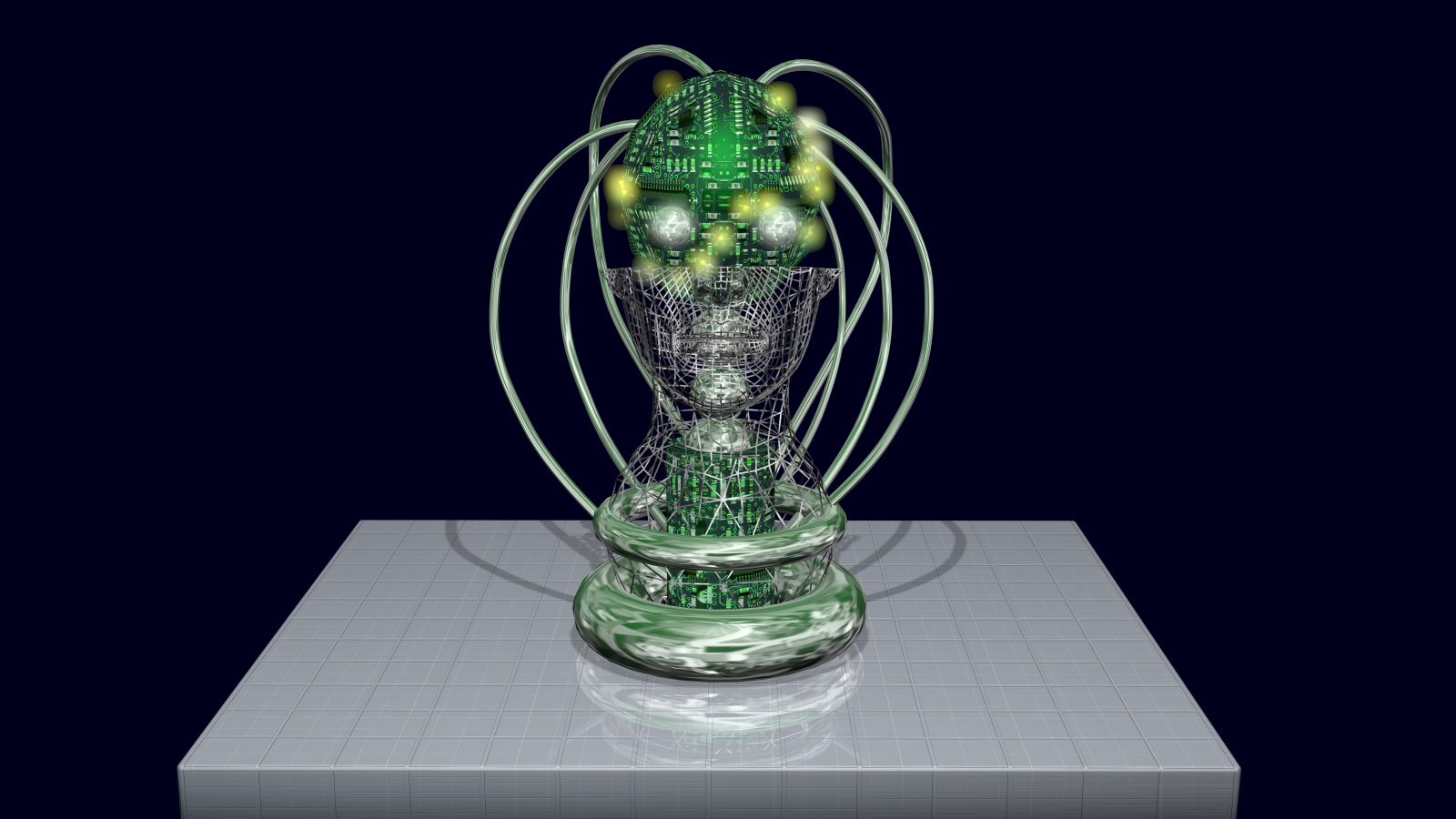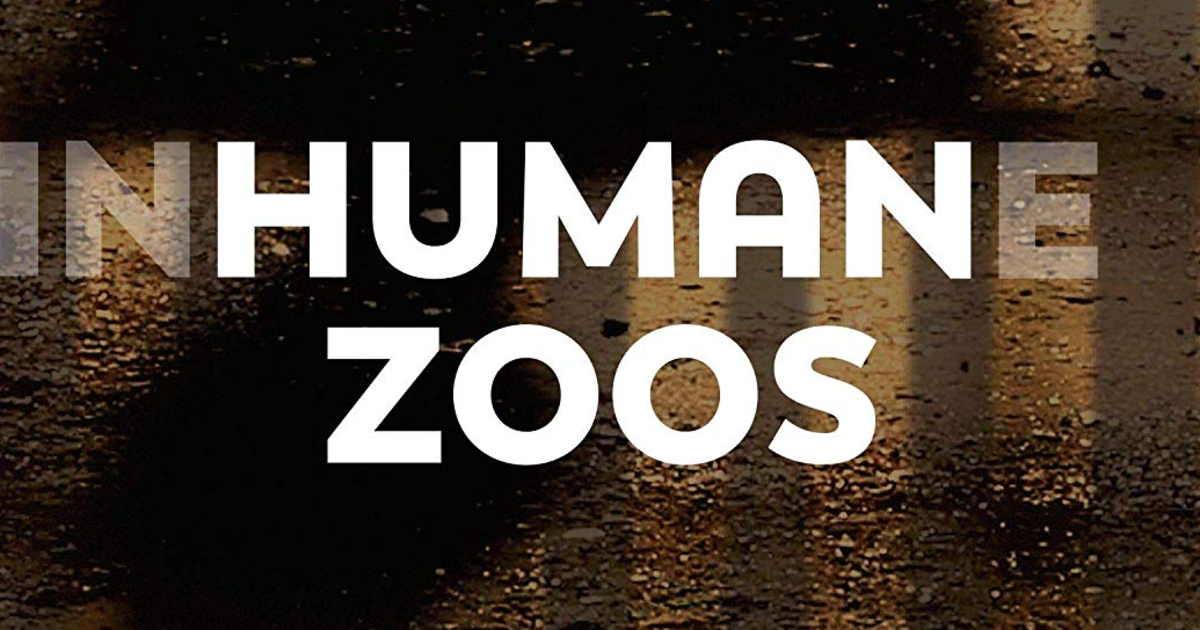
Cosmos: Possible Worlds’ Religious Mythology
On this episode of ID the Future, science historian Michael Keas and philosopher Jay Richards continue their conversation about Neil deGrasse Tyson’s new National Geographic series Cosmos: Possible Worlds. As Keas explains, Tyson’s story of ancient superstition evolving at last into modern medicine gets both ancient and modern medicine factually wrong. His long-running “history” of the warfare between science and religion also is historically mistaken, Keas, author of Unbelievable: 7 Myths About the History and Future of Science and Religion insists. Curiously, Tyson has a future, quasi-religious myth of his own to promote: personal immortality through futuristic technology.



